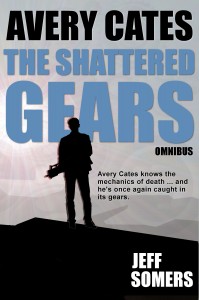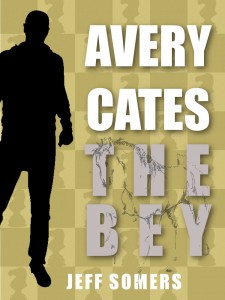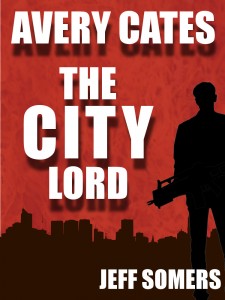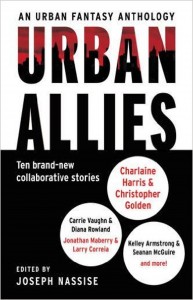Writing Lessons from Assholes

I WILL CUT A BITCH
I was an indifferent student, because I am the Laziest Man Ever Born. To this day the fact that I actually earned a college degree is kind of amazing, not because I’m dumb, but because it’s difficult for 2016 Jeff to believe that College Jeff actually performed the bare minimum of work in order to achieve a BA in English, which is the Do Nothing Bitch of college undergraduate degrees. Most of my memories of my college days involve a television, so the degree thing is a mystery.
I do have one memory that I like to tell people about because it a) makes me look smart and b) underscores the ridiculous nature of academics in general — and now I can add a third reason: c) there’s a lesson about writing in it. So let’s recount the glorious Moment Jeff Made a Professor Look Stupid.
The Glorious Moment Jeff Made a Professor Look Stupid
I was taking some laugher of a 200 level English course; I honestly can’t even remember what it was. Tortured Rhyme Schemes in Early 19th Century Poetry? Inscrutable Medieval Symbolism 203? Allegory for Potheads? I have no idea. It was a 200 level course so I can assume my strategy was to attend as few classes as possible and bring Other Stuff to Do when I did attend.
We had to write a paper at some point, with the stress that we had to cite original sources and all that usual drama. Again, I have no recollection of what the paper was supposed to be about. I know I hit up the library (my god if the Internet had existed I would never have had to leave my dorm room/apartment during college), wrote my paper, and handed it in. And when I got it back, I’d been given a big fat D.
Now, I was never very ambitious about my academics, sure, but this was fucking bullshit: A D? On an English paper? No fucking way. I wasn’t ambitious, but I had pride. So I scheduled an appointment with the professor and asked why.
The professor, as I recall, wasn’t a full-on professor (200 level class, remember) and might have been a grad student or something, possibly a homeless man recruited to watch us for an hour twice a week, who knows. Like I said, my memory is sketchy and very much like Homer Simpson’s habit of imagining himself in a tuxedo when he tries to remember his evenings. I had no curiosity about his status then, and certainly no memory of it now. I remember he had shaggy, thinning blondish hair and big moon glasses and a nervous tic that involved licking the corner of his mouth with his tongue. And he told me, in condescending tones, that I’d obviously plagiarized the paper.
I think my head almost exploded. You can accuse me of a lot of things and I won’t care. Say that I have poor fashion sense and hygiene? Fine. A tendency towards run-on sentences and semi-colon abuse? You may well be right. The musical talent of a wallabee? Fine. But suggest that I plagiarized something and Jeff Smash. So I asked him how he’d come to this conclusion, and he told me that the writing style was far too academic and elevated. I asked him if he’d found, you know, actual proof of plagiarism, and he said no, but he knew no one at my age could write the way the paper was written.
So I asked him if I could show him plenty of other examples of my writing that was at that level, would he change my grade? He said he would, so I brought him five boxes of manuscripts and papers from recent years. He took one look at the boxes, said he believed me, and changed my grade. The kicker? This paper that was so well-written he assumed it was plagiarized? He gave me a B. A FUCKING B.
Still. Angry.
The Writing Lesson
I think of this today because it actually points out one of the often-overlooked aspects of writing, in terms of that dreaded word craft: mimicry. Copying someone’s writing style is challenging, and while you certainly don’t want to steal someone’s style for your own, it’s a very useful exercise. Writing in a styler or voice that isn’t your own gives you an objectivity about word choice, phrasing, and other technical aspects of language that you sometimes get blinded to when it’s your own creative output.
I never realized how often I mimic what I’m reading until that unfortunate day when I came within seconds of murdering a pudgy teacher. Since then, I’ve been much more aware — I do it more or less without thinking about it. If I’m reading a book and really into it, I’ll start cribbing bits and pieces of the style, stealing tricks, and after a few weeks I’ll more or less be writing a pastiche of the style in question. Now that I’m aware of it, it’s a tool: I can indulge in it, learn something, work on something different from my normal stuff, and then keep whatever’s useful and incorporate it into my own evolving style.
And all it took to learn this was an awkward encounter with a smug teacher and a brief, passing interest in my own academic career.










